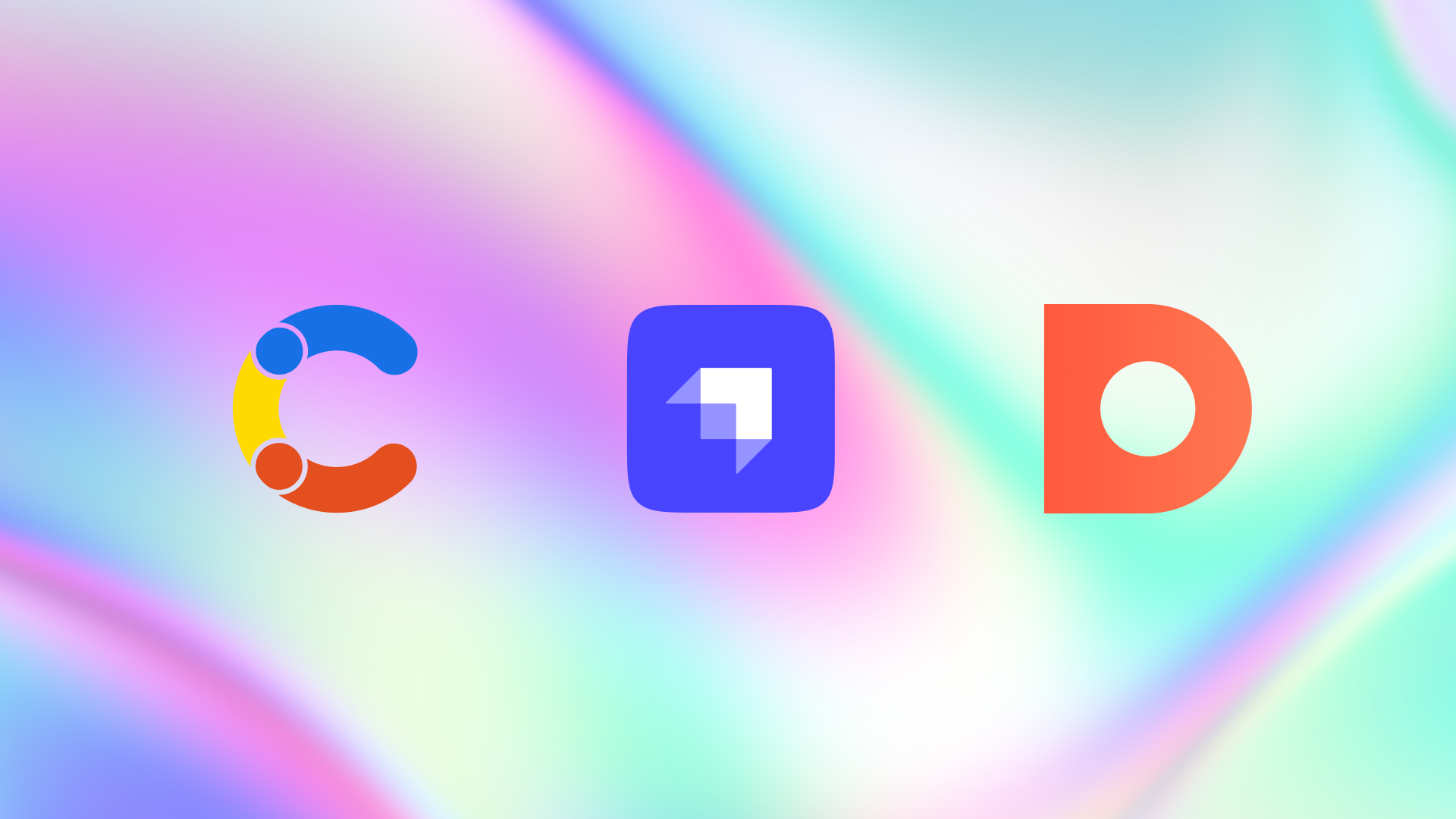In today’s digital era, the way we manage and deliver content is rapidly evolving. Content Management Systems (CMS) have been an essential tool for creating and maintaining websites, but with the rise of mobile apps, application programming interfaces (APIs), and the Internet of Things (IoT), there’s a need for a more flexible and efficient solution: the Headless CMS.
Flexibility and Scalability
A Headless CMS separates the backend, where the content resides, from the frontend, the presentation layer. This means you can use any frontend technology to create the user experience, while the backend takes care of content management. This separation offers incredible flexibility, allowing content to be delivered across multiple channels and devices.
Improved Performance and User Experience
By not being tied to a specific frontend, a Headless CMS allows developers to use their preferred tools and frameworks, thus optimizing performance and user experience. Moreover, by serving content through APIs, server load is reduced, resulting in faster loading times and an overall better user experience.
Enhanced Security
The architecture of a Headless CMS can contribute to improved security. By decoupling the frontend from the backend, the attack surface is reduced, as hackers have fewer direct entry points into the content management system.
Content Focus
With a Headless CMS, the focus is on the content, not how it’s presented. This is ideal for brands looking for an omnichannel content strategy, as it allows the same content to be published on different platforms without having to adapt it for each one.
Headless CMS Ranking
Sanity - Rated 4.7 out of 5, it’s best known for its quick response.
Storyblok - Scores 4.5 out of 5 and is the third easiest to use in Headless CMS software.
prismic.io - With a rating of 4.3 out of 5, it’s the sixth easiest to use in Headless CMS software.
Hygraph - Has a rating of 4.6 out of 5.
Umbraco - Rated 4.5 out of 5.
Contentful - My choice, Contentful, is rated 4.2 out of 5.
Contentstack - Scores 4.5 out of 5.
Comparison of Headless CMS
Sanity stands out for its optimization for quick response, crucial for projects requiring agility and efficiency.
Storyblok and prismic.io are valued for their ease of use, making them ideal for teams looking for a less steep learning curve.
Hygraph and Umbraco offer a balance between ease of use and advanced features, suitable for projects needing a robust solution.
Contentful, the CMS I use, is known for its flexibility and scalability, making it suitable for growing businesses. Perfect to combine with Next JS.
Contentstack is appreciated for its security and performance, making it a solid choice for businesses prioritizing these aspects.

